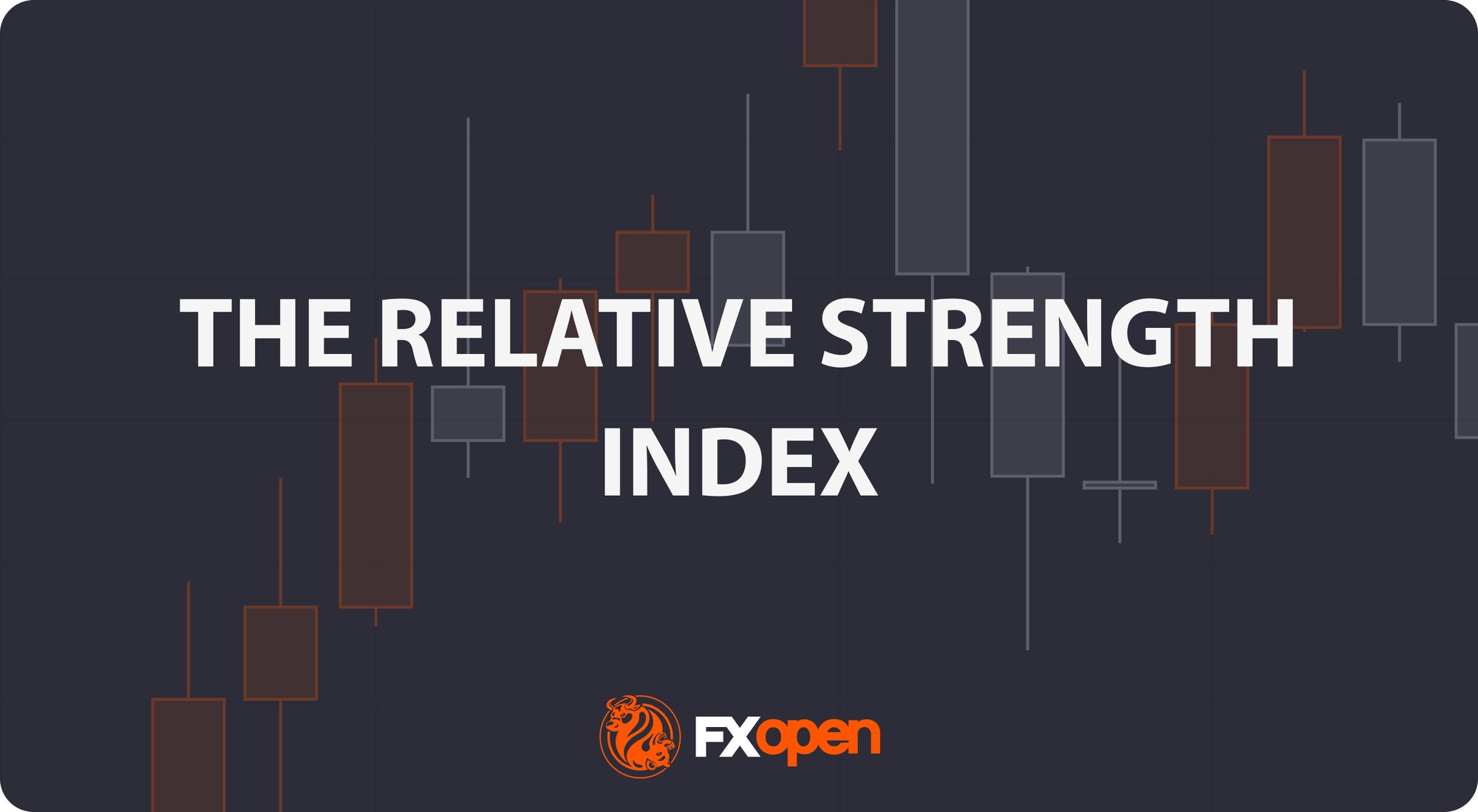FXOpen

FOMO, or the fear of missing out, is a common emotion that traders experience. It is more than just an internet slang term. This powerful phenomenon can have a negative impact on trading decisions, leading to impulsive actions and poor risk management. This FXOpen article explores the psychology of FOMO, discusses how to identify it in trading, and shares strategies you may use to overcome it.
FOMO: What Does It Mean?
FOMO meaning in trading can be explained as follows: it is the psychological need for validation and the fear of being left behind. It can stem from various feelings and emotions, including greed, jealousy, and impatience.
The Social Proof
When traders see others making quick profits or getting on the next big trend, they often feel compelled to jump in as well. From newsworthy events to something as simple as a conversation with another trader, there are many things that can kick off a bout of FOMO.
This phenomenon is closely tied to social proof, where people look to others for guidance, especially in uncertain situations. People tend to follow the actions of others to conform to social norms. Traders who give in to FOMO are essentially following the crowd without fully understanding the risks involved.
The Fear of Regret
The fear of regret is another force behind FOMO. Traders worry that if they miss out on a potentially profitable trade, they’ll regret it later. This fear can cloud their judgement and lead to hasty decisions. It can be amplified by social media and trading forums, where traders may see others boasting about their profits and feel pressure to keep up.
It’s important to remember that hindsight bias often magnifies the perception of missed opportunities, making the fear of regret an even more significant driving force behind impulsive trading actions.
Real-Life Examples
Emotions have influenced market behaviour in many real-life situations. FOMO in the stock market is very typical. For example, during the dot-com bubble of the late 1990s, investors rushed to buy stocks from the technology sector, driving up prices to unsustainable levels.
Similarly, during the GameStop short squeeze of 2021, retail traders on Reddit’s Wallstreetbets forum drove up the price of the stock. As a result of this situation, GameStop stock rose nearly 2,000% in less than a month. And then, it all came crashing down, leading to significant losses for some investors.
The cryptocurrency* market has witnessed countless FOMO-induced rallies when many invested in highly speculative assets without proper due diligence. A classic example is the sharp rise of Bitcoin in 2017. When the price soared, the fear of missing out on the benefits gripped many, leading to a buying frenzy, and shortly thereafter, prices plummeted.
Identifying FOMO in Trading
A FOMO trader’s experience looks like this:
- A trader hears news of astounding profits or very attractive opportunities.
- Greed and excitement encourage them to buy overpriced assets as much as possible.
- When the prices fall, fear or even anxiety forces the trader to sell at a loss.
- The trader becomes impatient, and the cycle repeats.
To avoid falling into this trap and losing money on ill-considered purchases and sales, it is essential to understand when FOMO appears in decision-making. This can be done by assessing the key features of behaviour associated with this emotion. Common signs include:
- Making impulsive trades without proper analysis or risk management.
- Following the crowd and making decisions based on what others are doing.
- Feeling anxious or stressed about missing out on opportunities.
- Overtrading or taking on too much risk in an attempt to catch up.
Self-awareness is key to recognising FOMO-driven actions. Traders take the time to reflect on their motivations before making any trading decisions. If you feel like you need to take a “now or never” action, have a break, write down the idea and emotion in a notebook, and try to use techniques to control your emotions. If, after that, the desire to buy or sell the asset remains and can be logically explained, do it.
Fear can appear in trading any asset; for example, there is FOMO in forex, in stock trading, FOMO in commodities, and more. It doesn’t apply to only one type of trading. To avoid it, you need to analyse the market thoroughly and plan your actions. This is where the TickTrader platform can help you. There, users can find the most advanced analysis tools and charts free of charge.
The Consequences of FOMO
Succumbing to FOMO can have significant negative consequences. Traders who act on FOMO may make decisions that are not based on sound analysis, leading to poor performance over time. Let’s consider the main consequences.
- Traders who act on FOMO tend to make more trades than necessary, resulting in higher transaction costs and increased exposure to market risks.
- FOMO often leads to neglecting risk management strategies. Traders may avoid setting stop-loss orders or ignore position sizing rules, which can amplify the impact of losses when they occur.
- FOMO-driven decisions can lead to buying at inflated prices and selling at rock bottom, eroding capital and diminishing confidence.
How to Overcome FOMO
Now that you know FOMO meaning on the stock and forex market, let’s find out how to deal with it. To overcome FOMO, traders can:
- Have a well-designed trading plan. Develop a clear and comprehensive trading plan that outlines your strategies, risk tolerance, and position sizing.
- Avoid making impulsive trades based on social proof or fear of regret.
- Practise self-awareness and reflect on emotions and motivations before making any trading decisions.
- Use risk management techniques to limit losses. Set stop-loss orders and limit your position sizes to protect your capital.
It’s important to remember that FOMO affects traders of all levels and can be difficult to overcome. However, with practice and discipline, traders can learn to manage their emotions and make more rational decisions.
Final Thoughts
FOMO is a common emotion that traders experience, but it can have a negative impact on results. The consequences of FOMO emphasise the need for self-reflection. By using risk management techniques, traders can overcome FOMO and make more rational decisions. Remember, trading is a marathon, not a sprint, so you need time, discipline, and consistency.
With this knowledge, you can open an FXOpen account and start your journey. And if you want to learn more about the psychology of traders, study our blog. There, we’ve collected everything you need.
*At FXOpen UK and FXOpen AU, Cryptocurrency CFDs are only available for trading by those clients categorised as Professional clients under FCA Rules and Professional clients under ASIC Rules, respectively. They are not available for trading by Retail clients.
This article represents the opinion of the Companies operating under the FXOpen brand only. It is not to be construed as an offer, solicitation, or recommendation with respect to products and services provided by the Companies operating under the FXOpen brand, nor is it to be considered financial advice.
Stay ahead of the market!
Subscribe now to our mailing list and receive the latest market news and insights delivered directly to your inbox.








